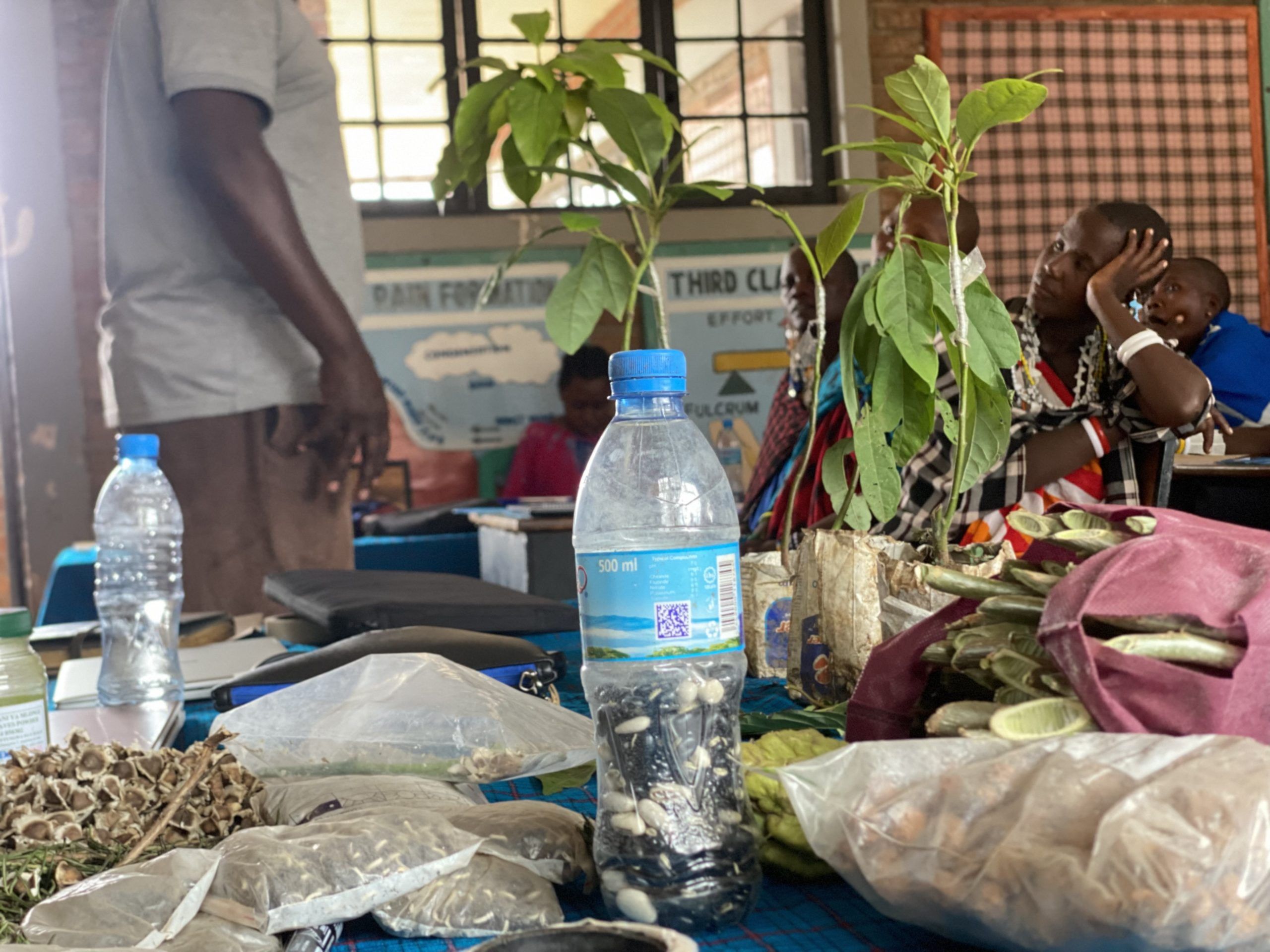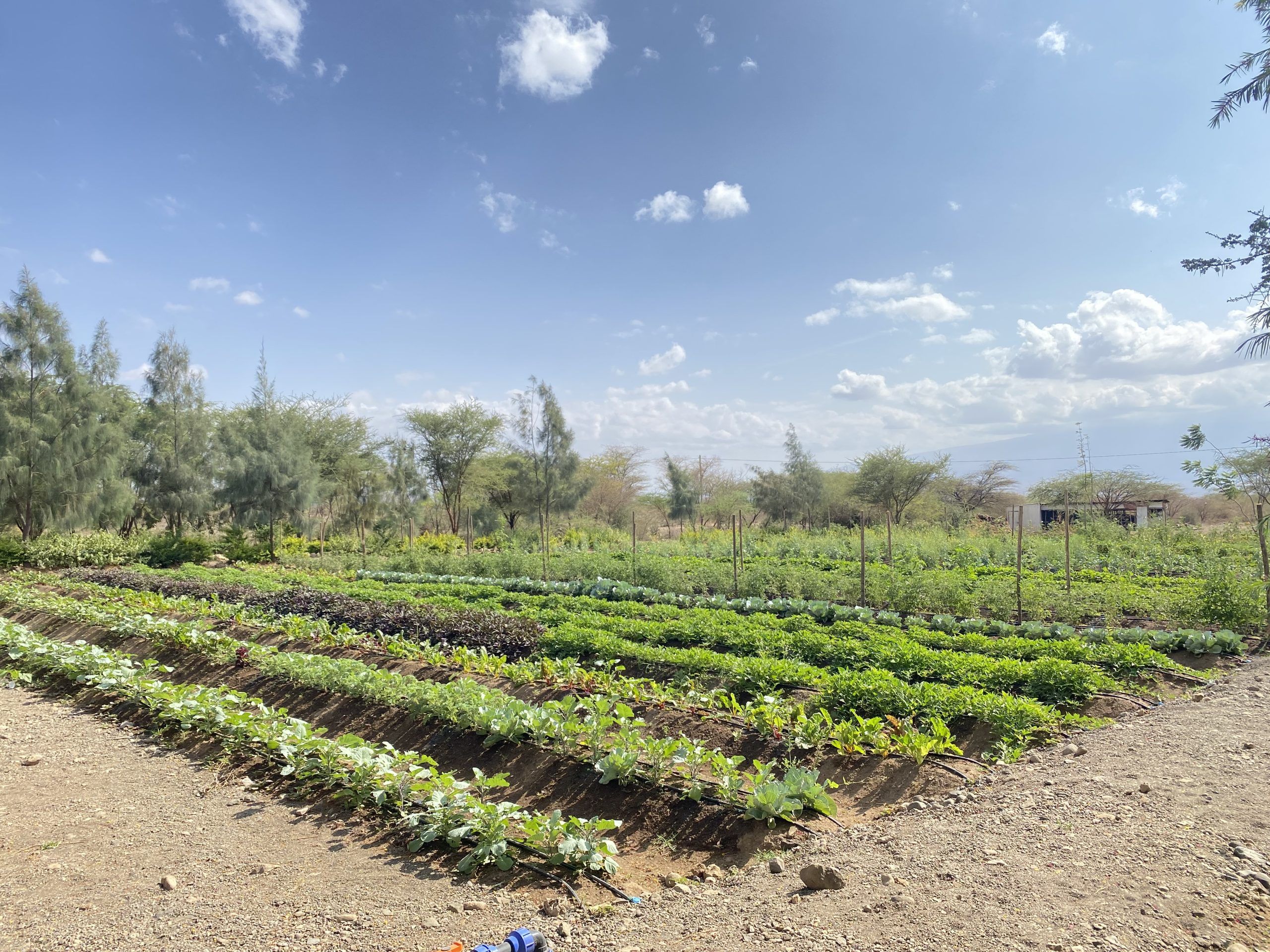Enhancing Climate Change Adaptation Project
This project involves Indigenous Maasai women and youth groups, school-based environment clubs from Engaruka Juu Primary School, Engaruka Chini Primary School and Engaruka English Medium Primary School (EEMPS
The proposed project aims at increasing capacity of local indigenous Maasai communities to adapt to the adverse effects of Climate Change and contextually to contribute to poverty reduction in rural areas. The Project seeks to protect and improve access to ecosystem services, to develop the economic structure of the pastoral communities and to spread the knowledge of solutions which local Maasai communities should adopt in the face of Climate Change. It reflects an integrated approach to sustainable management of ecosystem services in land, forestry and livelihood opportunities. This model is expected to amplify adaptability and resilience of Maasai communities resulting into improved gender sensitive practices in agriculture.
This project has three expected outcomes with a number activity each;
- Education and extension lessons on best practices in sustainable agriculture methods that intensify yields and increases food security and resilience to Climate Change enhanced
- Indigenous Maasai livelihoods knowledge revitalized and improved to contribute access to sustainable economic empowerment practices for Climate Change mitigation and adaptability
- Traditional knowledge and skills on climate change adaptability, resilience and mitigation improved through use of intergenerational local dialogues for better decision making
For the realization of the above outcomes a number of activities will be conducted;
- A number kitchen garden, nursery trees and demonstration vegetable gardens are established for subsistence and or cash crops. The kind of crops will be resilient to climate change – not dependent to heavy rain falls. Having alternative food access and income sources that are not wholly dependent upon environmental systems enables resilience against climatic change that heavily affect the agriculture sector meaning that they can still generate income and earn foods and other necessities during times of disaster.
- Various forums and conferences will be conducted on conservation agriculture techniques training that incorporates soil restoration techniques using low to no tillage systems, green manure or cover crop and crop rotation to help retain soil nutrients and organic matter and overall soil quality to reduce soil erosion and capacity building training on environmental management information and conservation.
- Establishment of farmers’ Cooperative societies, Village Savings and Loans Associations (VSLA) and Economic Empowerment Committees as part of sustainability strategy. Support fully operational marketing cooperative society, Operational VSLAs & EECs for groups at the same time holding training and awareness forums on best agro-forestry practices, soil and water conservation methods for farmers, youths and women.





